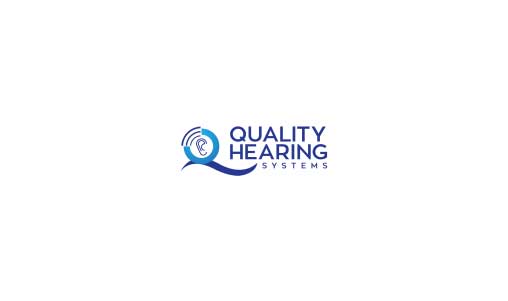If you had the potential to avoid or reduce the risk of cognitive decline as you grew older, how much would you be willing to pay for it?
What would you say to $15 per week? That’s about the price of a professionally-programmed set of hearing aids, which the latest research shows can limit the risk of cognitive decline in seniors with hearing loss.
Hearing Loss and Cognitive Decline
A recent study published in the Journal of the American Geriatrics Society shows that “self-reported hearing loss is associated with accelerated cognitive decline in older adults; hearing aid use attenuates such decline.”
The study followed 3,670 adults age 65 and older through a 25 year time period. The study observed that the rate of cognitive decline was larger in those with hearing loss when compared with those with normal hearing. But the participants with hearing loss who utilized hearing aids showed no difference in the rate of cognitive decline compared with those with normal hearing.
Several studies out of Johns Hopkins University have also demonstrated that hearing loss is associated with more rapid cognitive decline, depression, and in some instances even dementia.
So, hearing loss can produce accelerated rates of cognitive decline, but wearing hearing aids can deter this decline. The question is, how does hearing loss lead to cognitive decline?
A generally recognized theory is that hearing loss has a tendency to limit social interaction and stimulation to the auditory region of the brain, leading to changes in brain chemistry and structure. These changes are thought to account for the decline in cognitive function as well as the onset of depressive symptoms.
Hearing Loss and Mortality
Another study out of Johns Hopkins University analyzed 1,666 adults age 70 or older who had received a hearing test. The participants were placed into three categories: (1) no hearing loss, (2) mild hearing loss, and (3) moderate to severe hearing loss. Then, mortality was assessed for each group, with the following results, as announced by Johns Hopkins researchers:
“Interestingly, after adjusting for demographic characteristics and cardiovascular risk factors, their results suggested that moderate or more severe hearing loss was associated with a 39% increased risk of mortality, while a mild hearing loss had a 21% increased risk of mortality, compared to those with normal hearing.”
This is not to imply that hearing loss directly impacts mortality rates, but instead that the negative effects of hearing loss can. Hearing loss has been shown to bring forth cognitive decline and decreased levels of social interaction and physical activity. This leads to changes to the brain and diminished physical and social activity levels, which more obviously can affect mortality rates.
Hearing Aids Can Help
The real price of hearing loss, therefore, is a whole lot more than simply inconvenience or missing out on a few conversations. Hearing loss could mean sacrificing your mental, physical, and social health—and potentially even your life.
As additional research is published, and as we become more informed on the real costs of hearing loss, $15 per week for a pair of premium hearing aids will seem like nothing at all.
